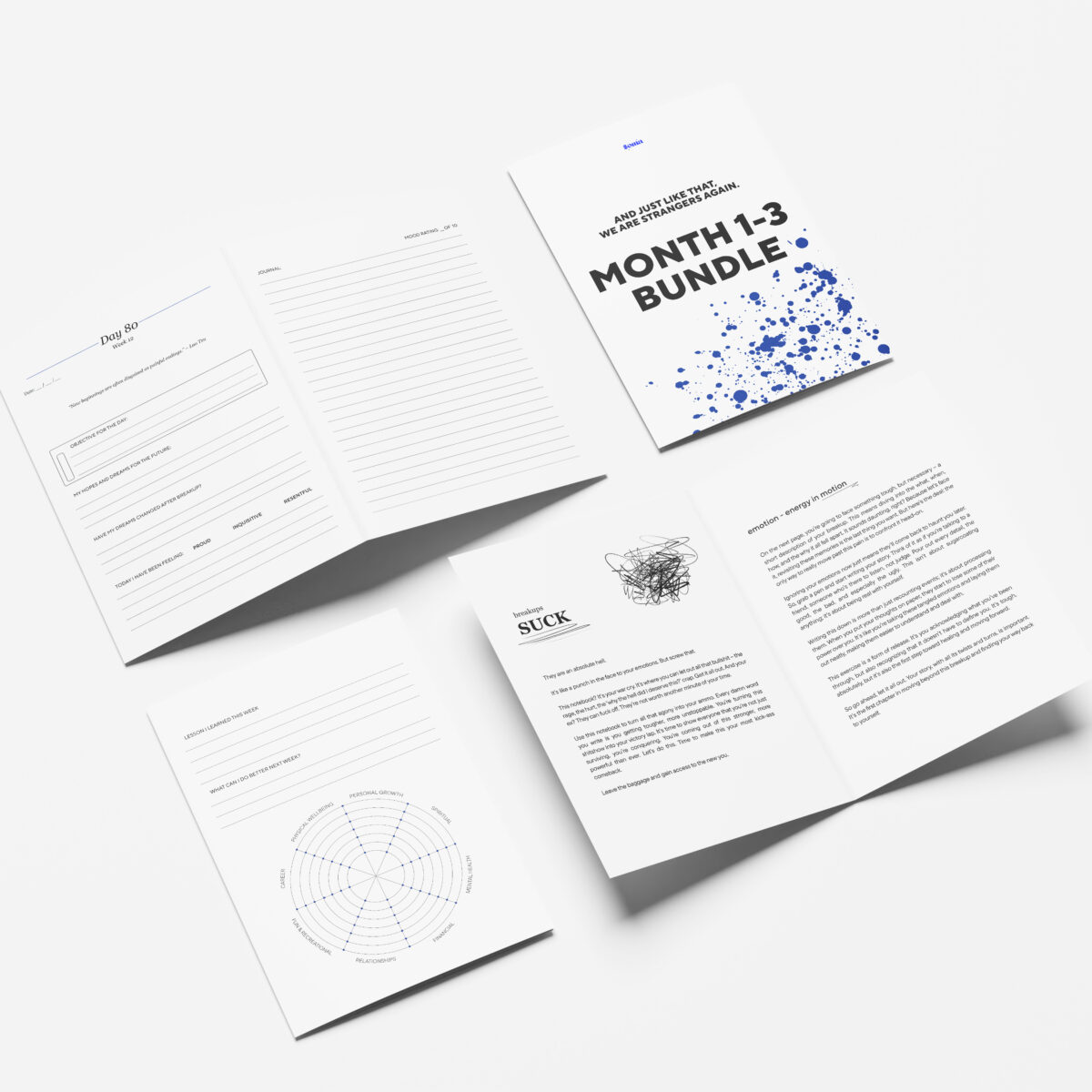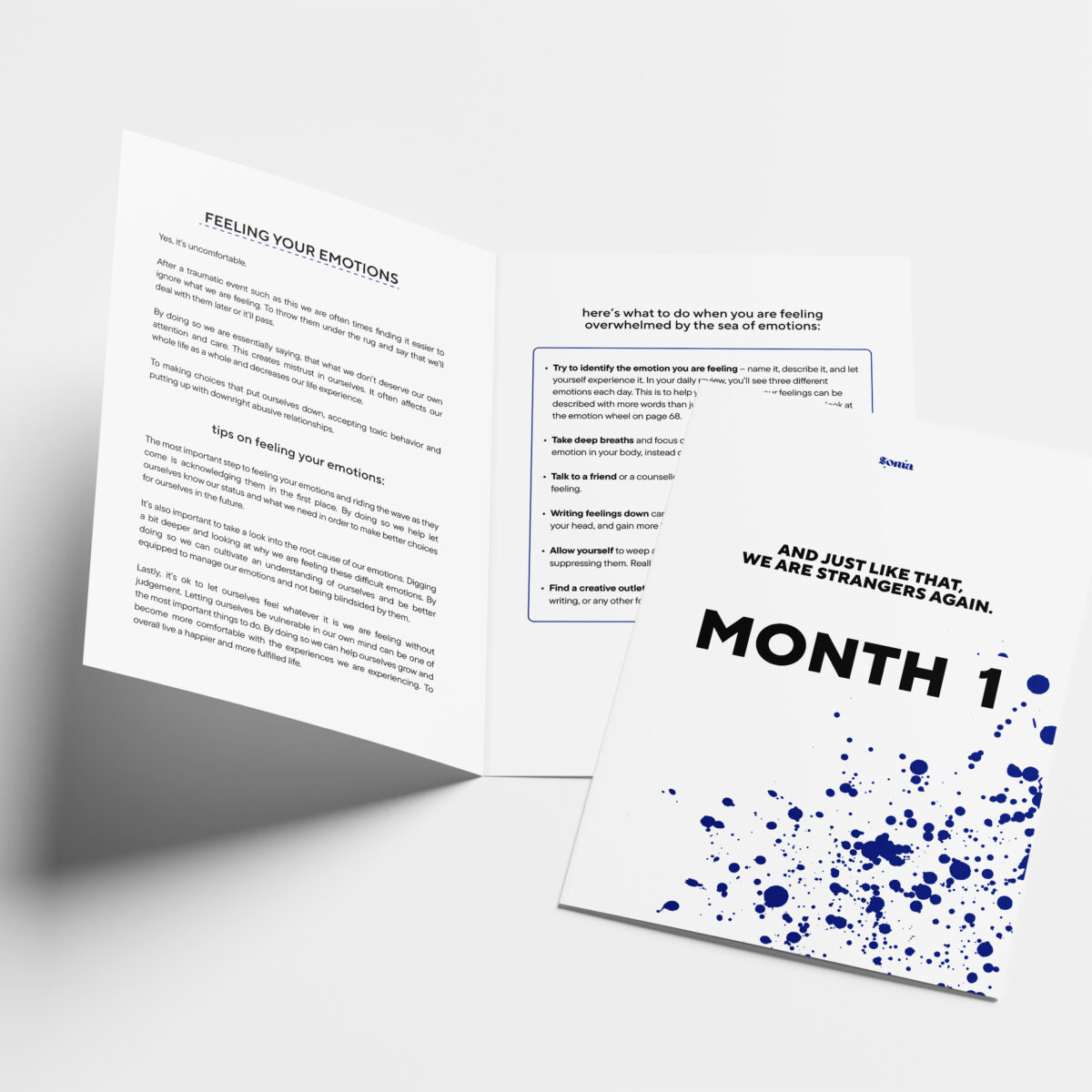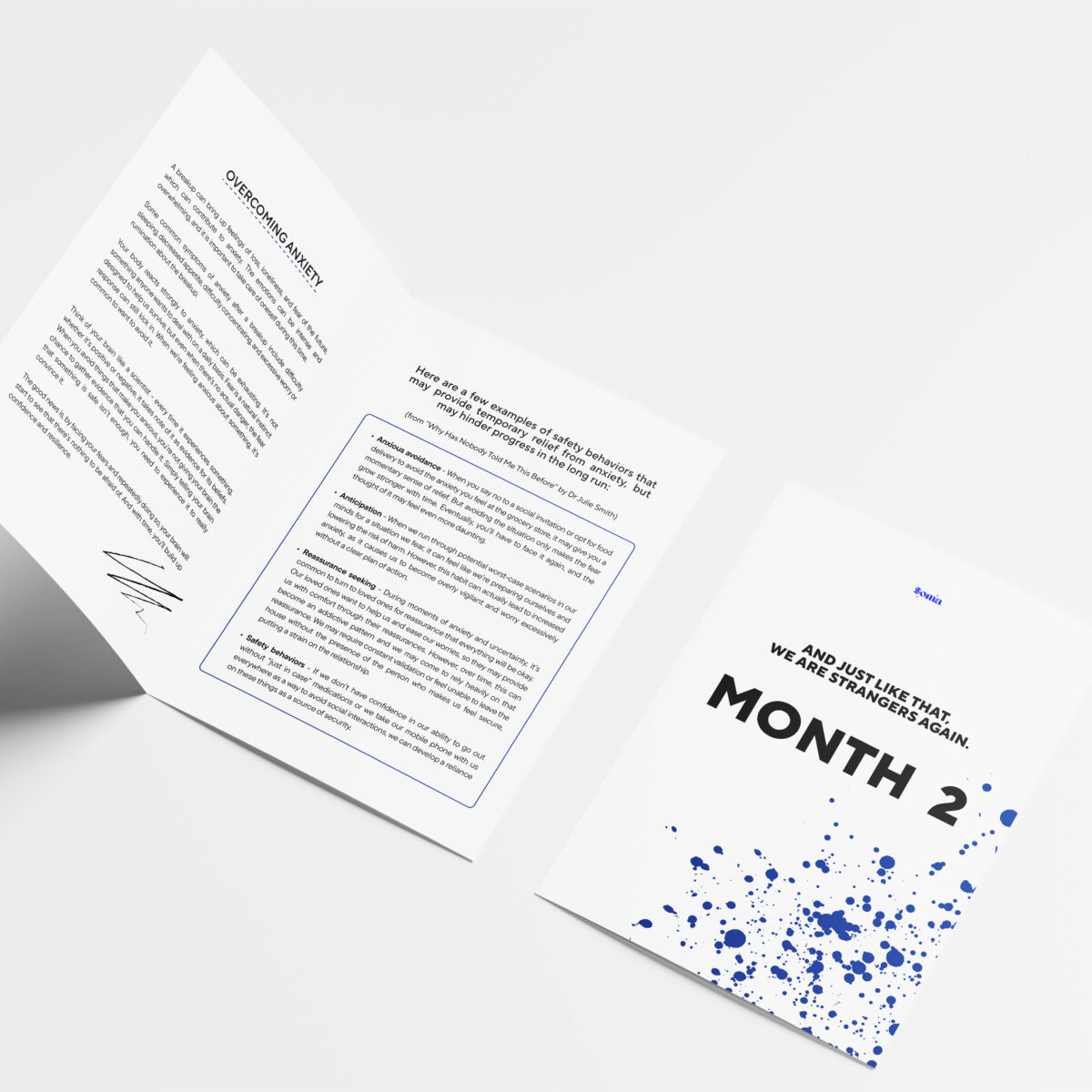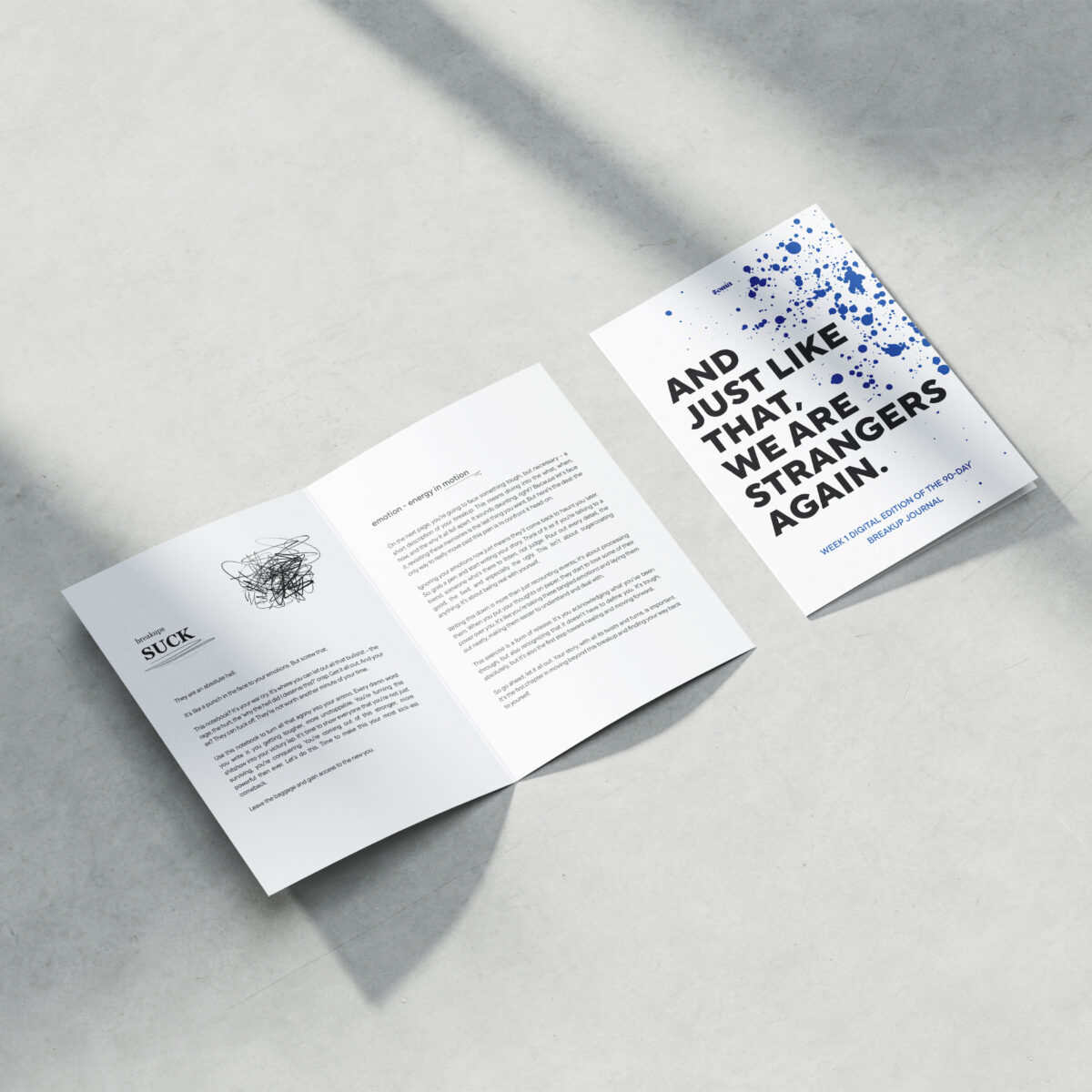
Love, in all its messy glory, forms the cornerstone of countless relationships. Yet, just like any foundation, even the strongest bonds can develop cracks over time. These cracks, often fueled by unspoken resentments or unresolved issues, can widen and deepen, eventually leading to a heartbreaking break-up. While every relationship is unique, there are certain common triggers that can put a strain on even the most loving partnerships. Let’s delve into five such challenges that can threaten the stability of a couple.
1. The Communication Breakdown:
At the heart of any thriving relationship lies effective communication. It’s the bridge that carries love, understanding, and empathy between partners. But what happens when this bridge starts to crumble? When conversations become laced with sarcasm, criticism, or a constant undercurrent of defensiveness, genuine connection begins to erode. The desire to be heard and understood gets replaced by a need to win arguments or build walls to protect oneself.
Imagine Sarah and Michael, a couple together for five years. They used to spend hours talking about everything, their dreams, anxieties, and the mundane details of their day. Lately, however, conversations have become strained. Michael, stressed at work, withdraws and avoids talking. Sarah, feeling unheard and alone, becomes increasingly critical. The silence between them, once comfortable, now screams with unspoken hurt.
Without open communication, partners lose the ability to navigate their emotional landscape together. Issues fester, resentment builds, and the emotional intimacy that once bound them starts to fade.
2. The Mismatched Core Values:
In the initial throes of love, differences can often seem charming, even exciting. However, as the relationship deepens, core values – the fundamental beliefs that drive our decisions and aspirations – begin to play a more significant role. When these values clash significantly, it can create a constant undercurrent of tension.
Consider David and Emily, a couple who have been together since college. David, a free spirit who craves adventure, dreams of traveling the world. Emily, on the other hand, prioritizes stability and longs for a home and family. While they initially saw their differences as complementary, the reality starts to bite. David feels stifled, while Emily fears being left behind. Their dreams for the future pull them in opposite directions.
Shared values provide a sense of unity and purpose in a relationship. When they diverge significantly, it can lead to a constant feeling of being on different pages, making it difficult to build a future together.

3. The Unmanaged Conflict Cycle:
Conflict is inevitable in any relationship. It’s how we handle these disagreements that truly matters. However, if couples fall into a cycle of unhealthy conflict resolution, it can leave emotional scars and damage the foundation of trust.
Think about John and Olivia. Every disagreement escalates into a shouting match, with hurtful words flung like weapons. John withdraws after the fight, leaving Olivia feeling abandoned. No apologies are offered, and the issue remains unresolved, only to resurface later, even angrier.
Healthy conflict resolution involves active listening, empathy, and a willingness to compromise. When couples get stuck in a cycle of blame, stonewalling, or personal attacks, it creates an atmosphere of hostility and makes it nearly impossible to find common ground.
4. The Unrealistic Expectations Trap:
Relationships thrive on healthy expectations. However, when these expectations become unrealistic or one-sided, they can lead to disappointment and resentment. Sometimes, we project our idealized version of a relationship onto our partner, setting them up for failure.
For instance, Jessica believes in the concept of soulmates and expects her relationship with Mark to be effortless and perfect. When Mark makes mistakes or struggles to meet her every need, she feels disillusioned and accuses him of not being “the one.”
Unrealistic expectations can blind us to the reality of our partner and the relationship. It’s important to communicate our needs openly but also understand that no one is perfect. True love involves accepting your partner’s flaws while celebrating their strengths.
5. The Neglect of Individual Growth:
While a strong bond is essential, healthy relationships also allow space for individual growth. When couples become so enmeshed that they neglect their own personal development, it can lead to a sense of stagnation and eventually, resentment.
Imagine Peter and Mary, a couple who have been together since high school. They do everything together, rarely spending time apart. Over time, Peter feels like he’s lost touch with his own interests and dreams. Mary, on the other hand, feels suffocated by the lack of individual space.
While shared experiences are important, neglecting your own passions and goals can leave you feeling unfulfilled. Healthy relationships allow space for partners to pursue their individual interests and grow as separate people, ultimately enriching the connection they share.
Here are some tips for navigating these challenges and building a more resilient bond:
- Prioritize Communication: Make time for daily conversations, even if it’s just for 15 minutes. Practice active listening – truly try to understand your partner’s perspective without interrupting. Express your needs and feelings openly and honestly, using “I” statements to avoid blame.
- Embrace Healthy Conflict Resolution: Disagreements are normal. Focus on addressing the issue at hand, not resorting to personal attacks. Validate your partner’s feelings, even if you don’t agree. Aim for compromise and solutions that work for both of you. Consider couples therapy if you find it difficult to communicate effectively on your own.
- Revisit Your Core Values: Regularly discuss your long-term goals, dreams, and aspirations. Acknowledge areas where your values differ and explore if there’s room for compromise. If your core values are fundamentally incompatible, it might be time to have a difficult conversation about the future of the relationship.
- Set Realistic Expectations: Talk openly about your expectations for the relationship. Remember, nobody is perfect. Learn to appreciate your partner’s strengths while accepting their flaws. Focus on building a relationship based on mutual respect, understanding, and shared goals.
- Nurture Individual Growth: Encourage each other to pursue personal interests and hobbies. Make time for activities you enjoy independently. This individual growth will enrich your lives and ultimately strengthen the bond you share.
Remember, a strong relationship is a work in progress. By addressing these challenges head-on and nurturing open communication, empathy, and a willingness to compromise, couples can build a foundation that can weather even the strongest storms. If, however, despite your best efforts, the cracks seem irreparable, seeking professional help from a couples therapist can provide valuable guidance and support. Breakups can be painful, but sometimes they are necessary for personal growth. If you find yourself navigating a break up, allow yourself time to grieve the loss of the relationship. Focus on self-care, reconnect with friends and family, and remember that brighter days lie ahead.









